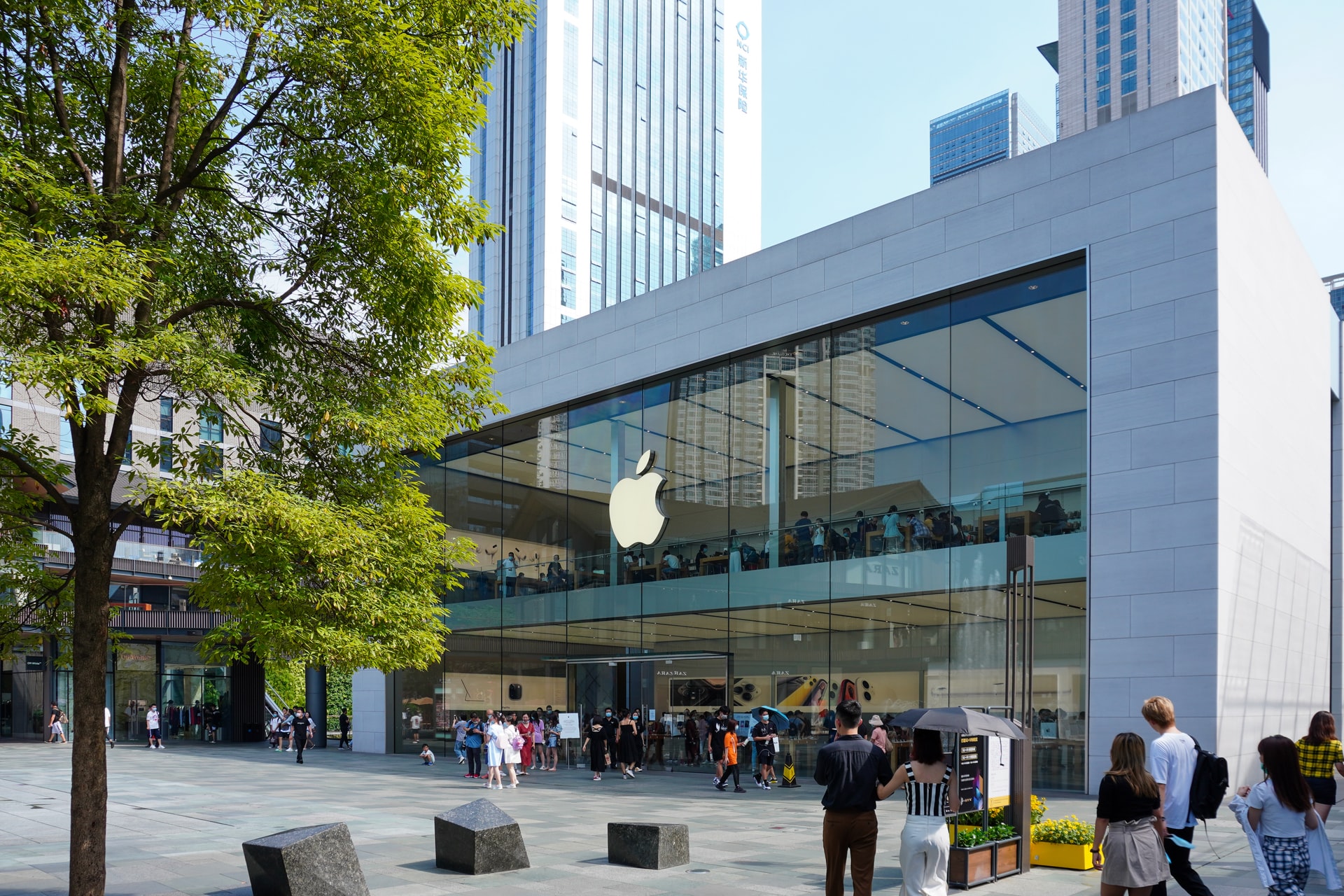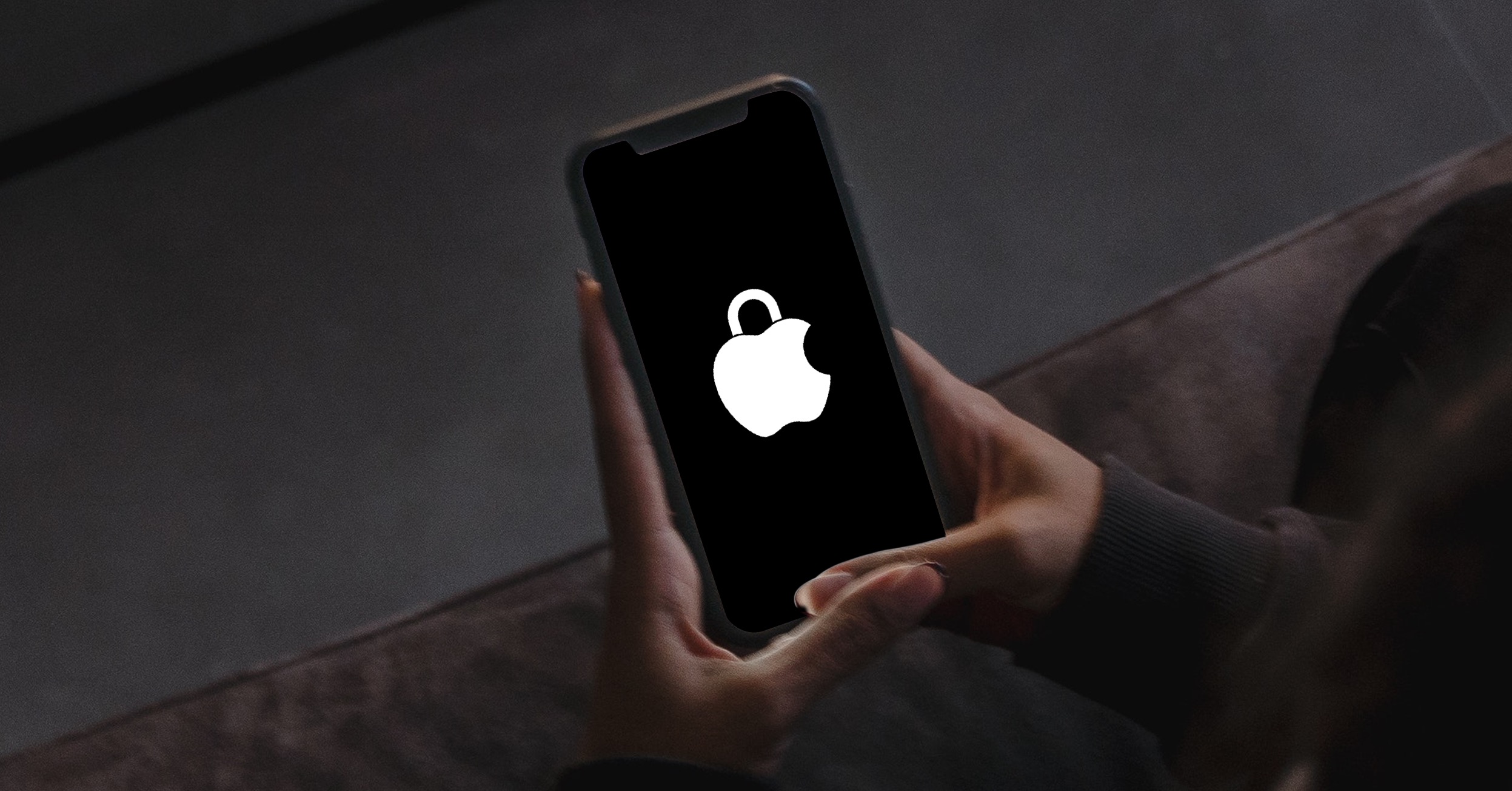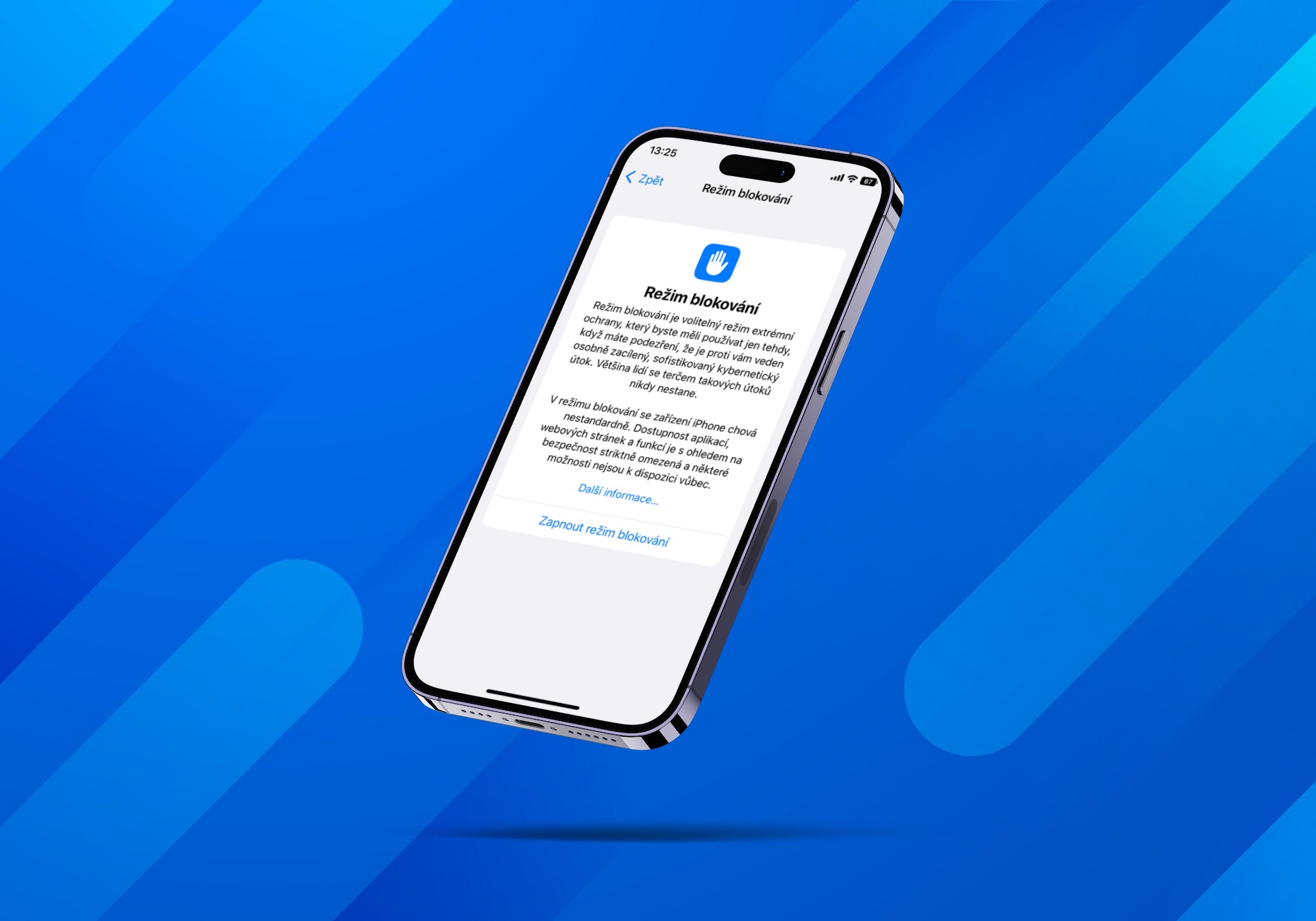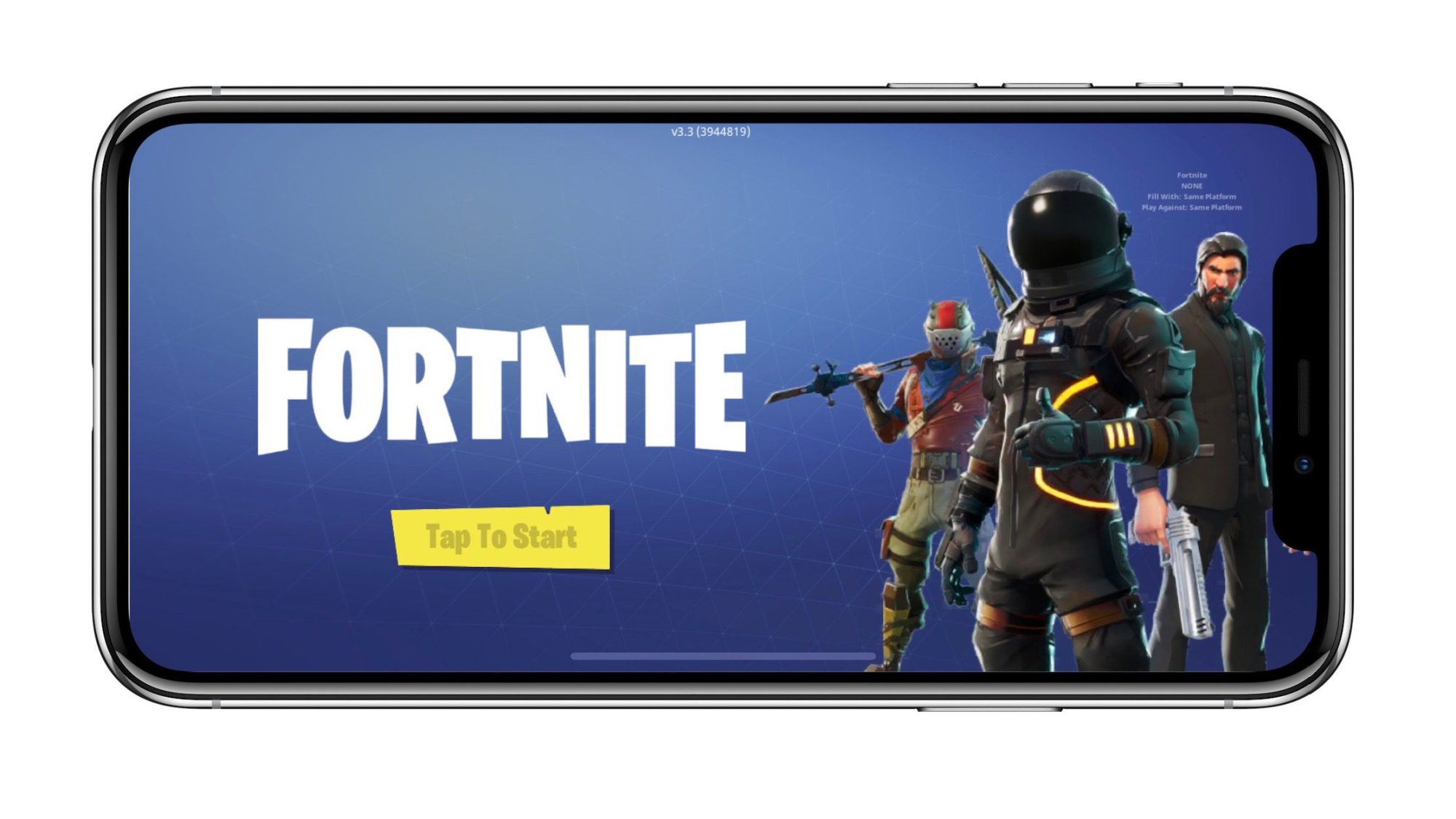One of the biggest advantages of Apple iPhones is their closed iOS operating system. But there have been extensive debates about this for years without a clear answer. While fans welcome this approach, on the contrary, it often represents the biggest obstacle for others. But this is a completely typical thing for Apple. The Cupertino giant keeps its platforms more or less closed, thanks to which it can ensure their better security and simplicity. In particular, in the case of iPhones, people most often criticize the overall closedness of the operating system, due to which, for example, it is not possible to customize the system as much as with Android or to install applications from unofficial sources.
It could be interest you

On the other hand, the only option is the official App Store, which means only one thing - if we leave out, for example, web applications, Apple has absolute control over everything that can even be looked at on iPhones. So if you're a developer and would like to release your own software for iOS, but the Cupertino giant won't approve it, then you're simply out of luck. Either you meet the necessary requirements or your creation will not be viewed on the platform. However, this is not the case with Android. On this platform, the developer is not obliged to use the official Play Store, as he can distribute the software through alternative ways, or even on his own. This method is called sideloading and means the possibility of installing applications from unofficial sources.
The long-running dispute over opening iOS
The debate over whether iOS should be more open was re-opened especially in 2020 with the outbreak of the Apple vs. Epic Games. In its popular game Fortnite, Epic decided to take an interesting step and thus started an extensive campaign against the apple company. Although the terms of the App Store allow microtransactions only through Apple's system, from which the giant takes a 30% commission from each payment, Epic decided to bypass this rule. He thus added another possibility to purchase virtual currency to Fortnite. In addition, players could choose whether to make a payment in a traditional way or through their own website, which was also cheaper.
The game was immediately removed from the App Store after this, starting the whole controversy. In it, Epic wanted to point out Apple's monopolistic behavior and legally achieve a change that, in addition to payments, would also cover a number of other topics, such as sideloading. The discussions even started talking about the Apple Pay payment method. It is the only one that can use the NFC chip inside the phone for contactless payment, which blocks the competition, which could otherwise come up with its own solution and provide it to apple sellers. Of course, Apple also reacted to the whole situation. For example, Craig Federighi, vice president of software engineering, called sideloading a significant security risk.

Although the whole situation calling for the opening of iOS has more or less died down since then, this does not mean that Apple has won. A new threat is currently coming - this time only from EU legislators. In theory, the so-called Digital Markets Act could force the giant to make significant changes and open up its entire platform. This would apply not only to sideloading, but also to iMessage, FaceTime, Siri and a number of other matters. Although apple users are rather against these changes, there are also those who wave their hand over the whole situation saying that no one will force users to use sideloading and the like. But that may not be entirely true.
Sideloading or indirect security risk
As we mentioned above, theoretically, even if these changes were to occur, this does not mean that apple growers will have to use them. Of course, official paths would continue to be offered in the form of the App Store, while the option of sideloading would remain only for those who really care about it. At least that's how it seems at first glance. Unfortunately, the opposite is true and the claim that sideloading represents an indirect security risk simply cannot be denied. In such a case, there is a relatively high probability that some developers would completely leave the App Store and go their own way. This alone would make the first difference - simply put, all applications in one place would be a thing of the past.
It could be interest you

This could put apple growers at risk, especially those less technically proficient. We can imagine it quite simply. For example, a developer would distribute his application through his own website, where all he had to do was download the installation file and run it on the iPhone. This could be fairly easily exploited by creating a copy of the site on a similar domain and injecting an infected file. The user would then not immediately notice the difference and would practically be deceived. Coincidentally, well-known internet scams also work on the same principle, in which attackers try to obtain sensitive data, such as payment card numbers. In such a case, they impersonate, for example, the Czech Post Office, a bank or another credible institution.
How do you view the closedness of iOS? Is the current setup of the system correct, or would you rather open it up completely?










For me, definitely leave it as it is.
Those who want an open system can choose another platform.
Since they are stuffing ads into the appstore, there should be an alternative to avoid these ads. It doesn't make sense that way.
I hate the EU but I wish Apple would force them to open up. Some incorrect apps or apps without content moderation are blocked on purpose. When the future censor removes the app of an unmoderated social network, Apple will be devastated, but Android will move on.
No one is forced to use an iPhone. If someone doesn't like things being different, they can use something else. A phone with an Apple logo shouldn't have that, right? I'm making something and I can't imagine that some official from the EU should interfere with it just because someone else doesn't like it and would like it differently. So let them do their own damn thing, otherwise, and move on.